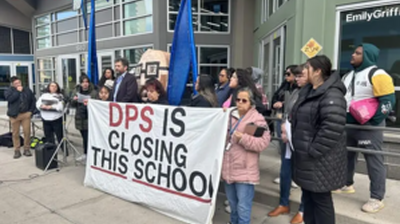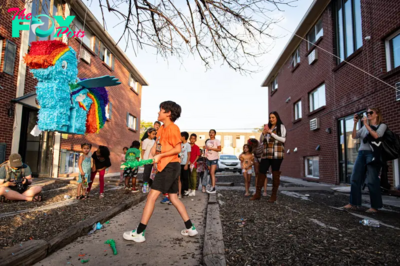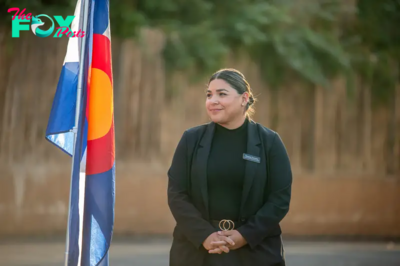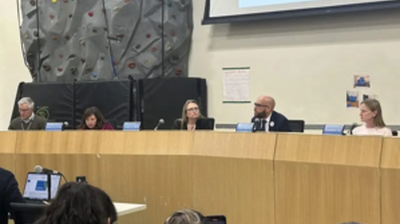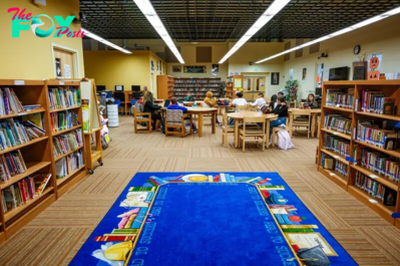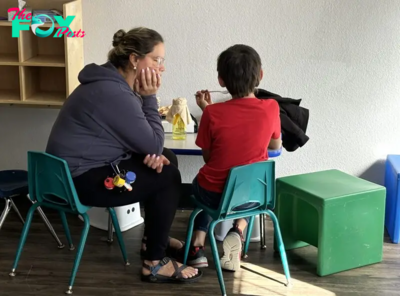Education
Some young people have become Colorado book collectors without realizing it. Here’s their chance to win $1,000.
The deadline for the Kirkpatrick Prize for Colorado book collectors under the age of 30 is nearing.
Wait. What?
Are you serious? There are enough under 30 book collectors in Colorado to warrant a comPetition and $1,000 prize?
Apparently.
But here’s the thing, the contestants generally don’t realize they’ve slipped into the world of book collecting.
They, like many, tend to mistakenly believe that it’s the province of wealthy older men who wear jackets with patches on the elbows and perhaps berets on their heads — you know, sort of professorial, sort of eccentric. And they’re called antiquarians, clearly a name that does not invoke “under 30.”
That group certainly makes up a bit of the world of book collectors, Taylor Kirkpatrick said, but in the last decade he’s noticed a growing interest among young people. He started the contest four years ago to encourage that interest.
“There’s an annual Rocky Mountain Book and Paper Fair and I would say 10 years ago when you went the population of attendees was in their 50s to 80s,” he said. “If you go now, I would tell you the demographic is that it does draw a younger crowd, especially for the ephemera and specialty items.”
This year’s winner will be honored at the book and paper fair, set for Aug. 17-18 at the Douglas County Fairgrounds.
He started the Kirkpatrick Prize to keep that interest growing and to encourage young collectors, who likely consider themselves book lovers, but not collectors. While there have been fewer than 15 entrants in each of the first three years, Kirkpatrick said he hopes to have more than 15 this year — and for the number to keep growing.
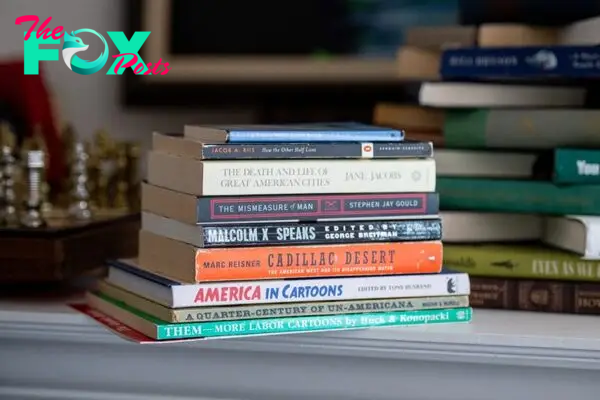
Becoming collectors
Sarah Klarich, the 2022 Kirkpatrick Prize winner, and Angie Neslin, the 2023 winner, both said they did not think of themselves as collectors until they learned about the prize.
“I was building my personal library,” Neslin said of the Spanish-language books she began acquiring in high school to help her learn Spanish. “A book collection, I thought, had to have antiques or things you spend a lot of money on.”
Her mom saw a flier about the prize at the Printed Page Bookshop in Denver and despite a fast-approaching entry deadline, Neslin decided to enter.
“It was probably a week of staying up late every night to work on the annotated bibliography and the essay,” she said. “It was a lot of work, but it was fun because it was a chance to reflect on my books.”
The submission requirements are for a bibliography of 20 or fewer works, and a statement of no more than 1,000 words about the collection. Entrants are also asked to describe five items that they’d like to add to their collection.
Klarich’s experience was similar — she saw a notice for the comPetition in the Printed Page’s newsletter.
“I’ve enjoyed reading since I was a kid and I started accumulating books,” she said. “I love to read and learn.”
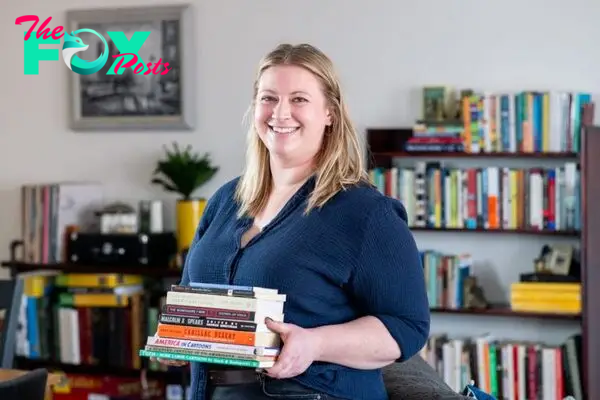
The seed of her collection was a book assigned in her junior year of high school, “The Mismeasure of Man,” by paleontologist Stephen Jay Gould. The controversial book, published in 1981, criticized the idea of biological determinism, or the theory that social and economic differences were based on inherited characteristics.
She grew up in Chicago and became increasingly aware that history as taught in schools was “white-centric.” She wanted to hear the repressed voices, to learn the “grizzlier details.”
-

 Education2d ago
Education2d agoWhat would it mean if President-elect Trump dismantled the US Department of Education?
-

 Education5d ago
Education5d agoPhiladelphia students have a new reading and writing curriculum − a literacy expert explains what’s changing
-

 Education5d ago
Education5d agoWhy school police officers may not be the most effective way to prevent violence
-

 Education1w ago
Education1w agoCampus diversity is becoming difficult to measure as students keep their race and ethnicity hidden on college applications
-

 Education1w ago
Education1w agoFederal judge rules that Louisiana shalt not require public schools to post the Ten Commandments
-
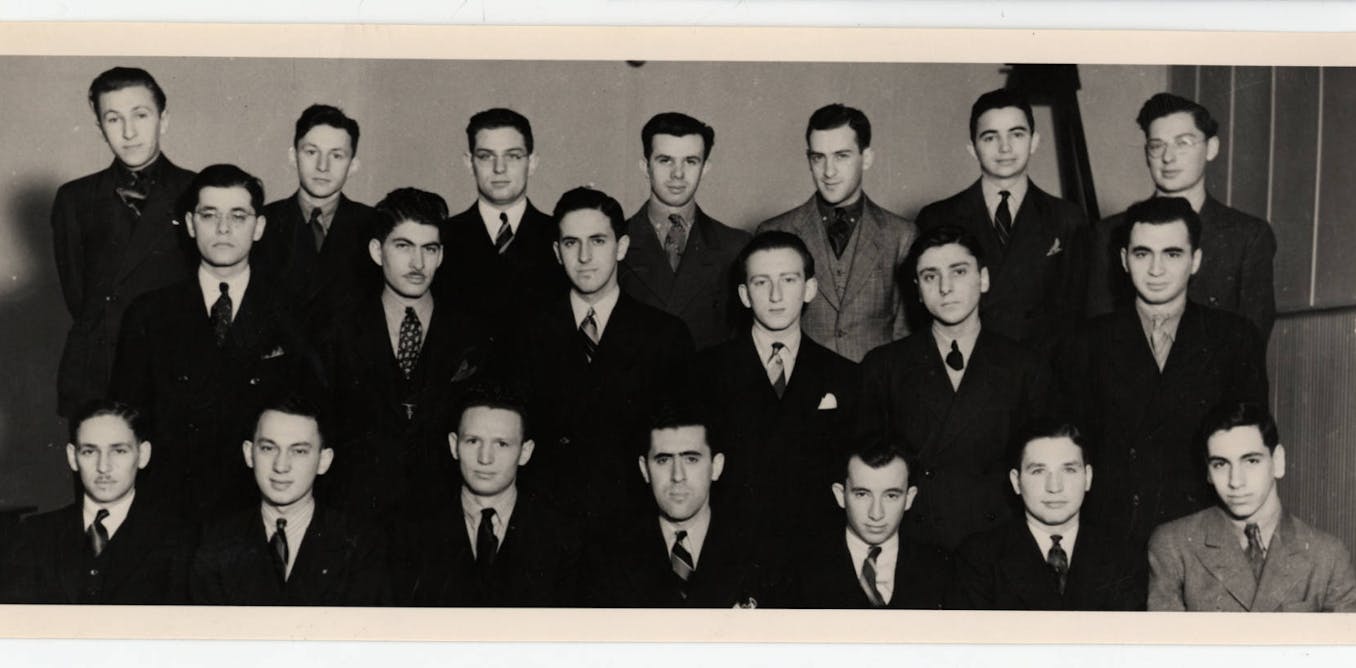
 Education1w ago
Education1w agoCampuses are ground zero in debates about antisemitism − but that’s been true for 100 years
-

 Education1w ago
Education1w agoSocioeconomic status explains most of the racial and ethnic achievement gaps in elementary school
-

 Education1w ago
Education1w agoMothers, metaphors and dyslexia: What language reveals about the challenges of a child’s learning disability
